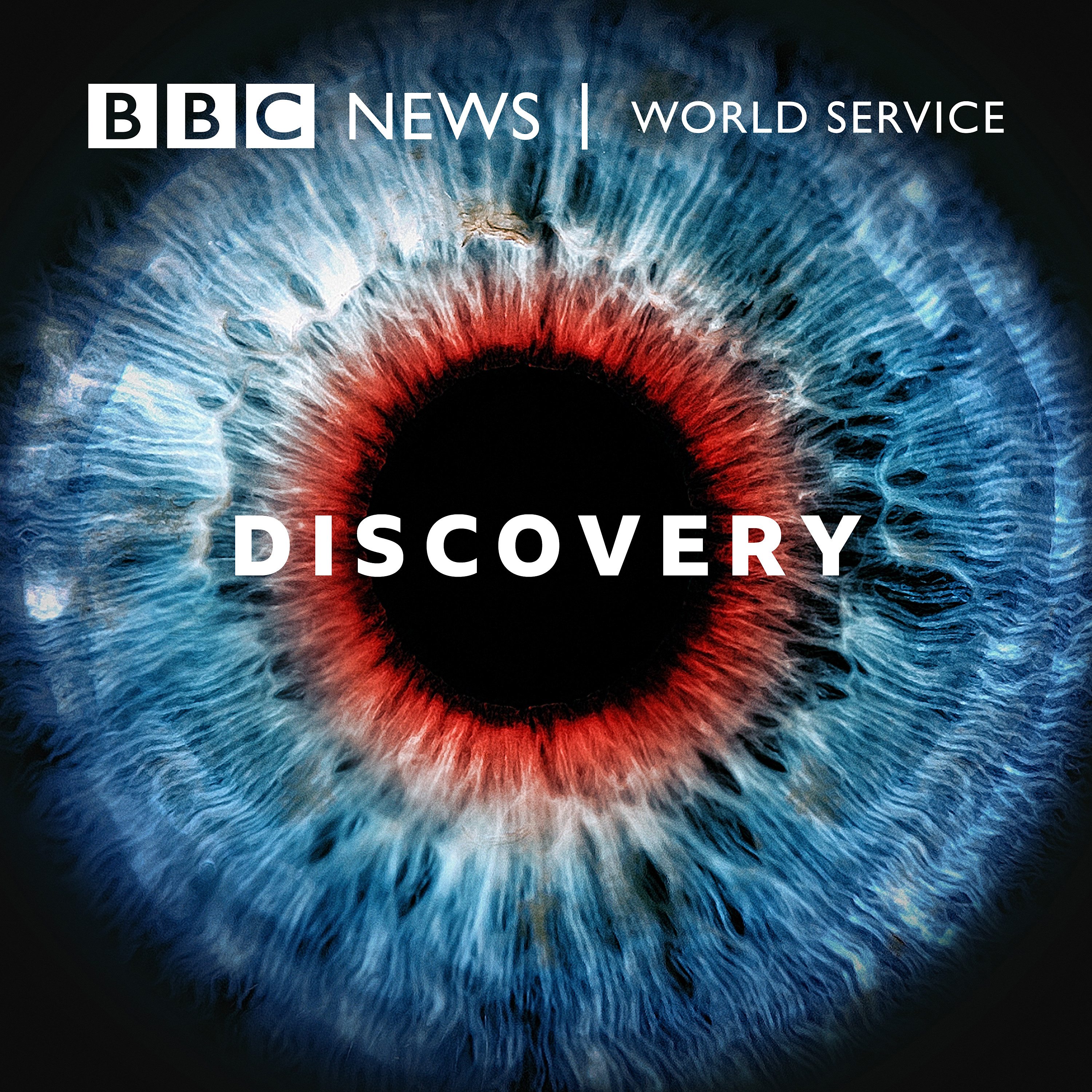
Discovery
Dec 25, 2021
Everybody hopes that the new super-charged Omicron variant of coronavirus will be less severe, but even if it is, it’s spreading so fast and infecting so many people, health services around the world could still buckle under the strain.
Two years into the pandemic, Claudia Hammond is joined by two world-leading scientists to discuss the impact of Omicron and to review what the world has got right in its response to coronavirus, and what it has got very, very wrong.
As many countries roll out and plan for booster campaigns in the face of this new variant, concerns are raised that enhancing vaccine coverage in richer countries will again monopolise scarce supplies, and leave the millions of unvaccinated in poorer countries – including three quarters of healthcare workers in Africa – exposed yet again.
Dr Soumya Swaminathan, the Chief Scientist of the World Health Organisation, acknowledges the need to boost the elderly and vulnerable, but says it's good science to make sure everyone around the world gets their first vaccine doses. Only then will further deaths be prevented and new variants stalled.
Director of the Wellcome Trust, Sir Jeremy Farrar agrees. Booster vaccines in rich countries, maybe even a fourth dose, are unsustainable he says, when so many people have yet to receive their first jab. It’s not just a moral and ethical argument to vaccinate the world, he says, but it makes sound scientific sense too.
Produced by: Fiona Hill, Anna Buckley, Maria Simons and Emily Bird Studio Engineer: Tim Heffer and Giles Aspen

